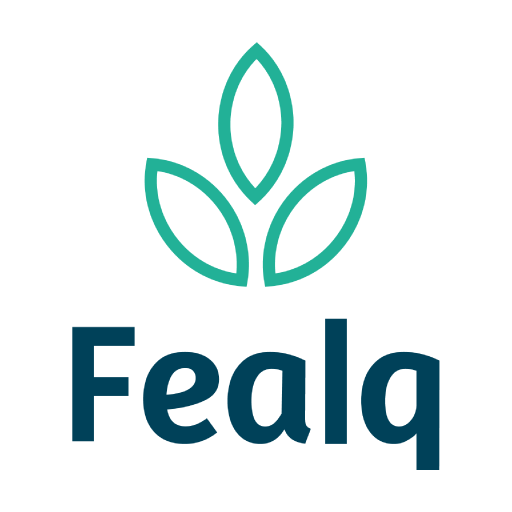From September 10 to 13, Cuiabá (Mato Grosso State) hosted the G20 Agro Working Group meeting, focusing on sustainability in agro-food systems. Various aspects were discussed, including increasing the contribution of international trade to food and nutritional security.
CCARBON/USP directors led the Tropical Food panel, presenting the center’s strategies for mitigating and adapting to climate change in agriculture. The panel included Prof. Carlos Eduardo Pellegrino Cerri (General Director), Prof. Maurício Roberto Cherubin (Research Director), Pedro Henrique Santin Brancalion (Innovation Director), Thais Maria Ferreira de Souza Vieira (Director of ESALQ and CCARBON/USP researcher) and Aline Mello Cesar (President of the ESALQ Research Committee and researcher at CCARBON/USP). Twenty-three ministers and authorities linked to global agribusiness participated in this meeting and discussions.
“Today, more than ever, we have the role of presenting solutions to combat hunger and address the climate emergency. As an academic community, we hope to maintain a close relationship with the State and organizations, collaborating so that more resilient production systems can be effectively adopted by all nations.”
– Thaís M. F. S. Vieira
The panel coordinated by CCARBON/USP covered topics such as research, education, and strategies to promote sustainable agricultural practices, climate change mitigation, food security, low-carbon economy, and social development. The center’s agreements and partnerships were highlighted, alongside research and innovation in various aspects of sustainable agricultural production. The meeting was attended by 23 ministers and authorities related to the global agribusiness sector.
“Among the working lines of CCARBON/USP, we highlight the soil health front, which is the foundation for achieving a more productive and resilient agriculture in this scenario of climate change. As an example, we present the creation of the Brazilian Soil Health Partnership (a national soil health alliance) and KITSohma, a tool for on-farm soil health assessment.”
– Maurício Roberto Cherubin
The G20, also known as the Group of Twenty, was initially created to discuss global economic and financial issues. Its focus now includes, in addition to general economic matters, sustainable development, health, agriculture, energy, environment, climate change, and anti-corruption.
With annual rotating presidencies, Brazil assumed the G20 presidency for the first time on December 1, 2023. Topics on the agenda include global governance reform, the three dimensions of sustainable development (economic, social, and environmental), and the fight against hunger, poverty, and inequality.
These discussions are taking place from December 2023 to November 2024 in various host cities across Brazil. There are more than 100 official meetings, including about 20 ministerial meetings, 50 high-level meetings, and additional parallel events. The highlight will be the 19th G20 Leaders’ Summit, scheduled for November 18 and 19, 2024, in Rio de Janeiro.





